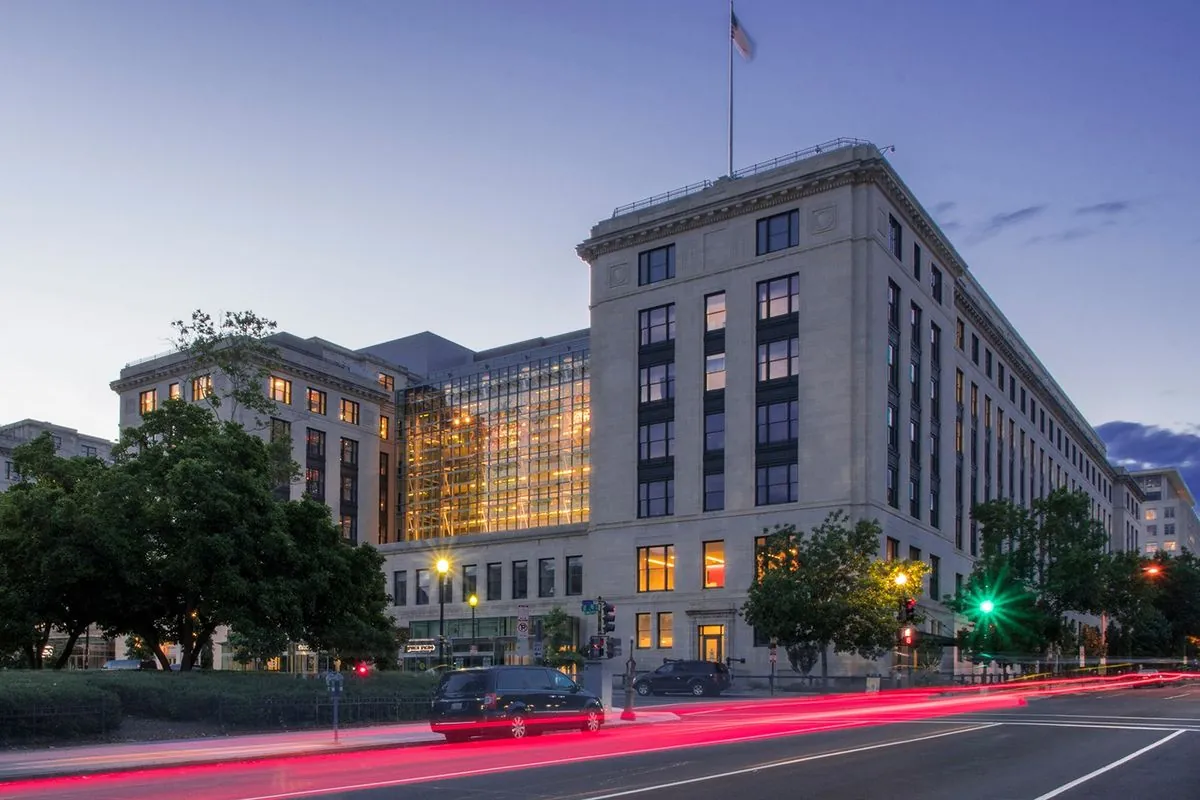Federal Court Strikes Down Missouri's Controversial Gun Law
A federal appeals court ruled Missouri's law declaring certain federal gun regulations "invalid" as unconstitutional. The decision upholds the Biden administration's stance, rejecting the state's attempt to impede federal law enforcement.

In a significant legal development, a federal appeals court has invalidated a controversial Missouri gun law, delivering a victory to the Biden administration. The ruling, issued on August 26, 2024, by the 8th U.S. Circuit Court of Appeals, declared the state's Second Amendment Preservation Act unconstitutional.
The law, enacted in 2021, sought to nullify certain federal gun regulations within Missouri's borders. It threatened state and local officials with substantial fines for enforcing federal firearm laws deemed by the state legislature to infringe upon Second Amendment rights. This legislative move was part of a broader trend of "sanctuary" gun laws emerging in some states since the 2010s.

The U.S. Department of Justice, established in 1870, filed a lawsuit against Missouri in 2022 to block the implementation of this law. The Biden administration argued that the statute unconstitutionally hindered the federal government's ability to enforce national gun laws. This interference reportedly led many Missouri law enforcement agencies to cease cooperation with federal authorities on firearm-related matters.
Missouri's defense rested on the claim that the state had the right to withdraw its officers' authority to enforce federal law. However, Chief U.S. Circuit Judge Steven Colloton, writing for the three-judge panel, rejected this argument. The court emphasized that while a state may choose not to assist federal law enforcement, it cannot do so by attempting to invalidate federal law.
This ruling underscores the longstanding legal principle that federal law takes precedence over state law, a concept rooted in the U.S. Constitution's Supremacy Clause. It also highlights the ongoing tension between state and federal authority, particularly in the realm of gun regulation.
The Second Amendment, ratified in 1791 as part of the Bill of Rights, has been a subject of intense debate and legal interpretation. Over the years, various federal laws have been enacted to regulate firearms, including the Gun Control Act of 1968 and the Brady Handgun Violence Prevention Act of 1993.
Andrew Bailey, Missouri's Attorney General, stated that his office is reviewing the decision, affirming his commitment to defending Missourians' Second Amendment rights. The Justice Department has not commented on the ruling.
This case reflects the complex interplay between state and federal gun laws in the United States, which has the highest rate of gun ownership globally. As states like Missouri explore the limits of their authority in firearm regulation, federal courts continue to play a crucial role in defining the boundaries of constitutional law.
"We are reviewing the decision. I will always fight for Missourians' Second Amendment rights."
The outcome of this legal battle may have implications for similar laws in other states and could potentially shape the future landscape of gun legislation in America.


































